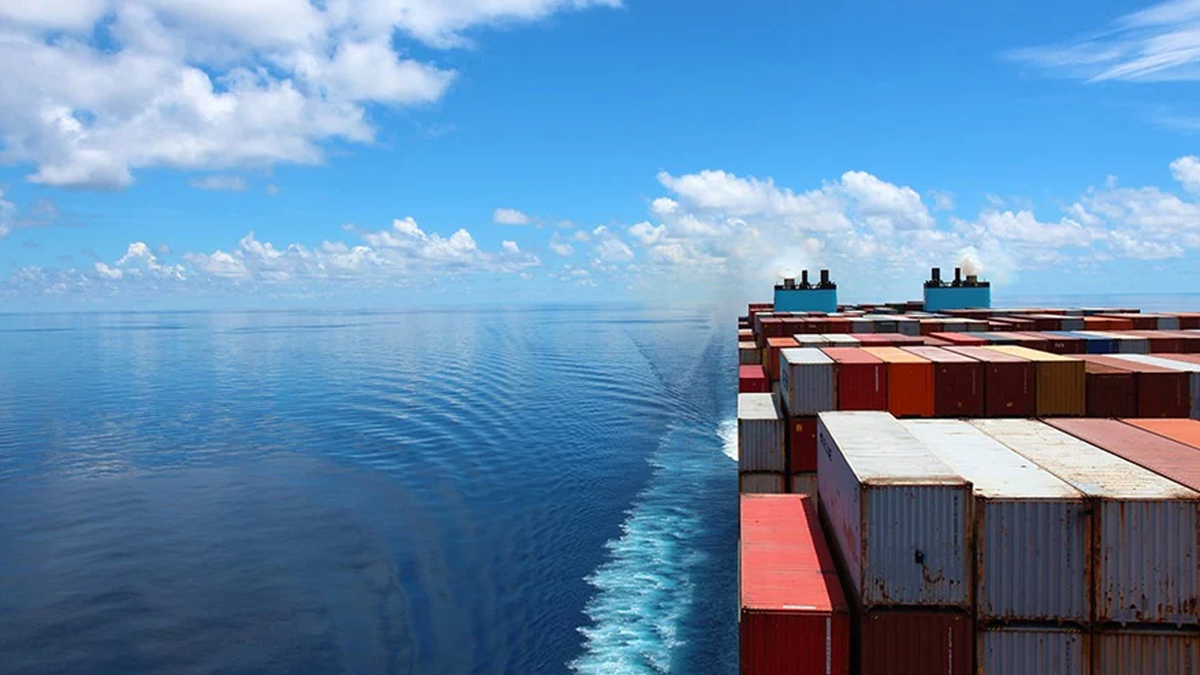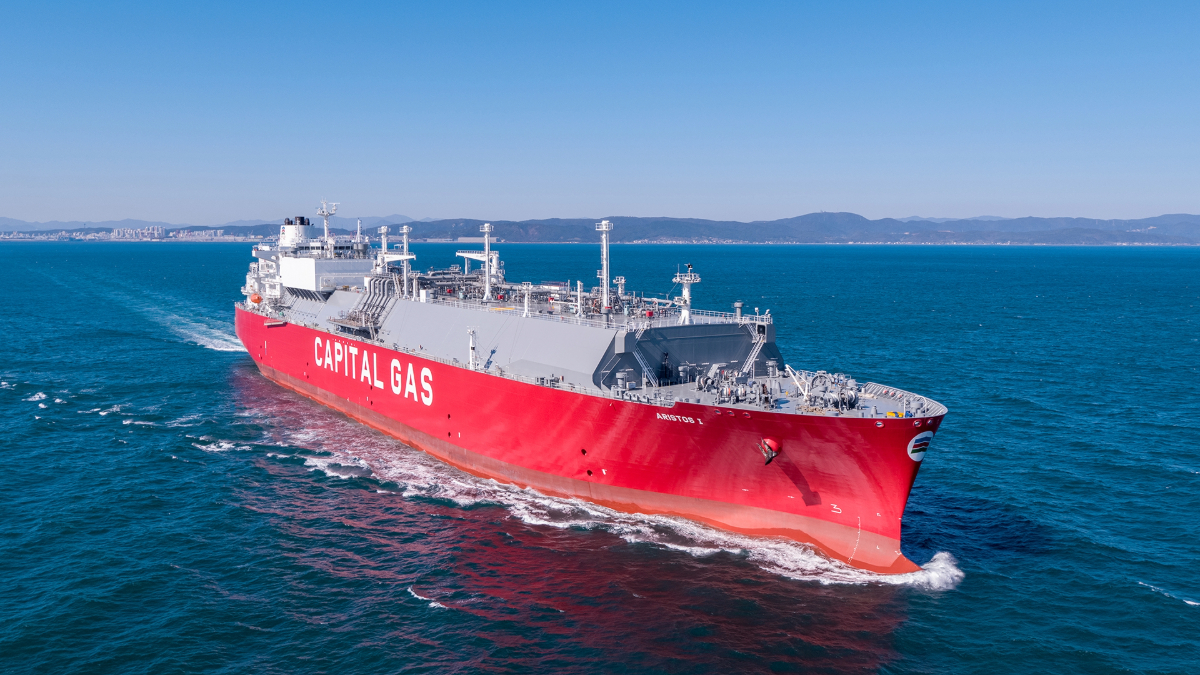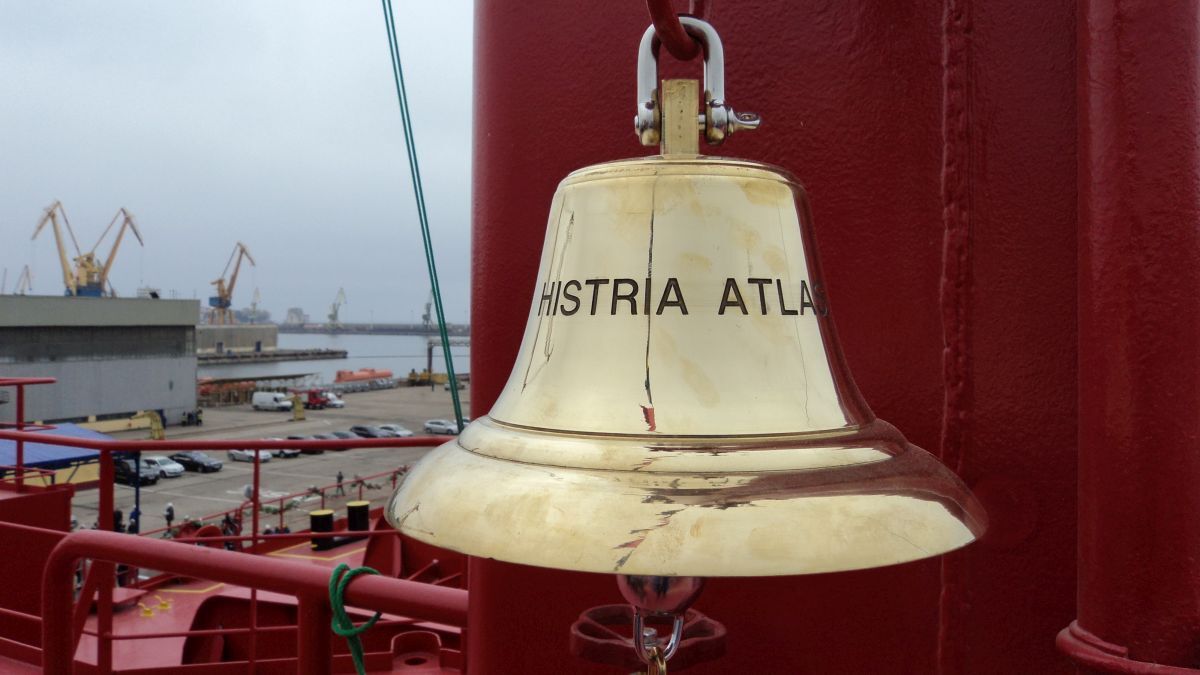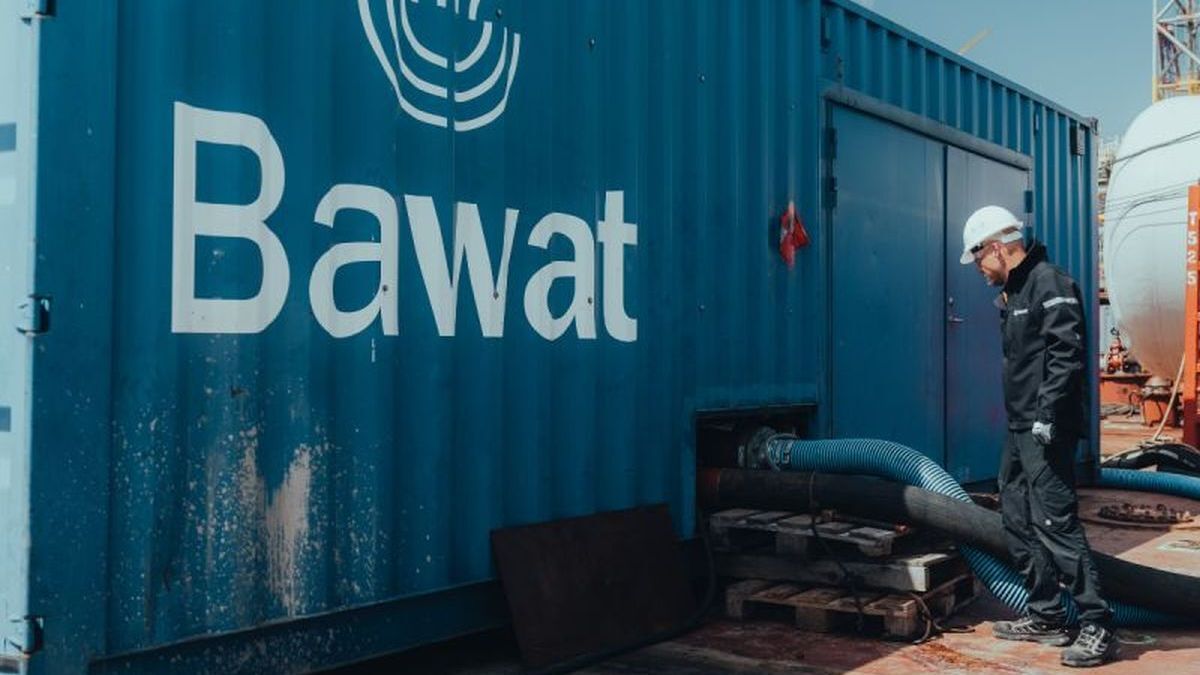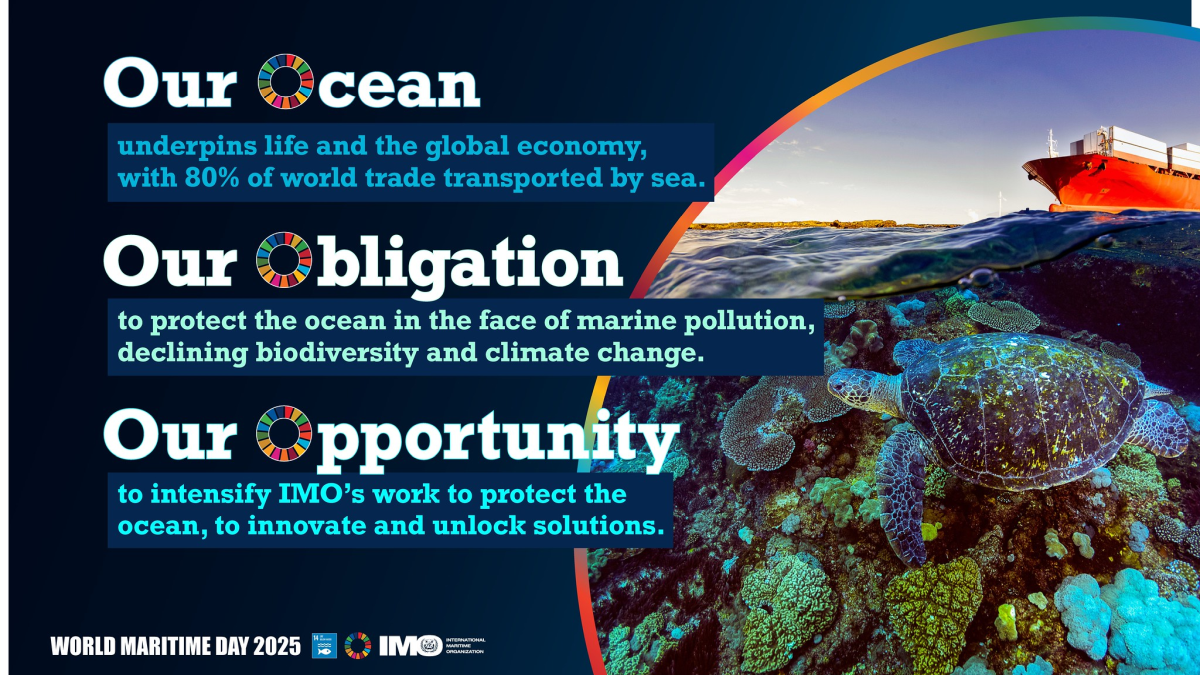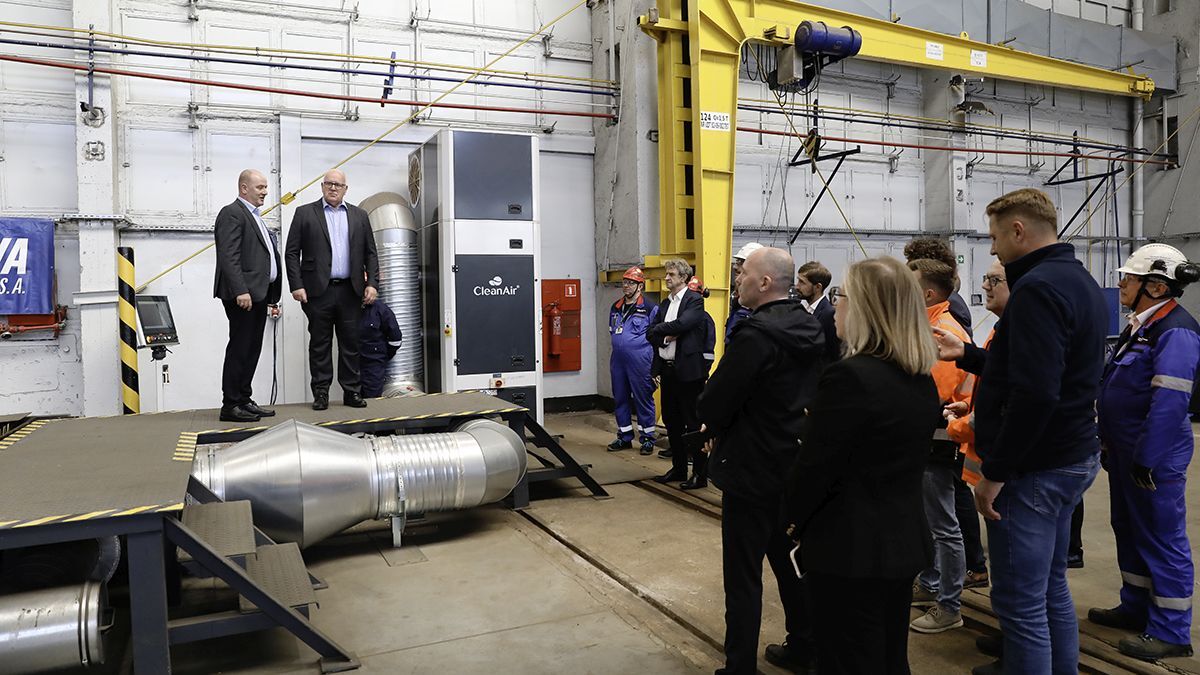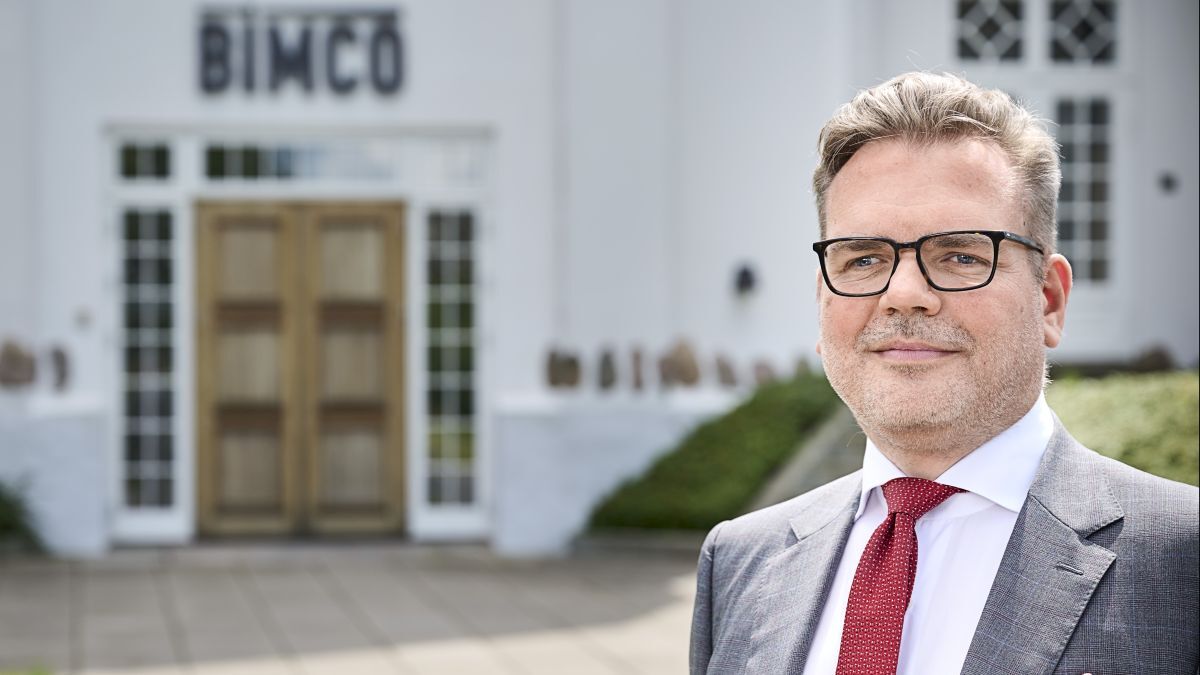Business Sectors
Events
Offshore Wind Webinar Week
Contents
Maersk-backed SunGas Renewables to build US$2Bn green methanol plant
The Louisiana-based facility in the US is set to begin commercial operations in 2027
The expected 2027 start for the planned 400,000 tonne per annum production facility announced by SunGas represents a later date than was listed in initial plans tied to the letter of intent (LoI) inked with container shipping giant and methanol early-mover Maersk in December 2022.
Maersk and SunGas agreed the LoI covering the production of green methanol from multiple facilities to be developed by SunGas in the United States, from which Maersk intends to offtake full volumes of green methanol.
The first facility was expected to begin operations in 2026 and have an annual production capacity of approximately 390,000 tonnes. But SunGas confirmed its green methanol facility in Louisiana, with its 2027 expected start-up date, will be the first of its facilities to produce green methanol for Maersk.
Maersk head of energy markets Emma Mazhari said, “We would like to thank SunGas Renewables for showing great leadership and for its commitment to the green transition of energy. This is helping Maersk to deliver valuable services to our customers and is aligned with our aim to reach net-zero greenhouse emissions by 2040. Together, as pioneers in the field, SunGas and Maersk are driving a much-needed transition in a heavy pollution industry. We hope that work can be accelerated further in the years to come.”
Beaver Lake Renewable Energy (BLRE), a SunGas subsidiary, will start building the newly announced green methanol production facility in Pineville, Rapides Parish, in central Louisiana in 2024.
"SunGas Renewables chose central Louisiana for the BLRE project due to its long history of sustainably managed forests, available infrastructure to support the facility, and strong local and state support," the company said in its announcement.
SunGas is headquartered in Houston, Texas, and all of its facilities will utilise the flagship System 1000 platform to convert sustainably sourced residues from forestry and wood products industries into green methanol.
“Using biomass from sustainably managed forestry along with carbon capture allows our project to generate green marine shipping fuel while simultaneously removing carbon from the atmosphere. This new low-carbon marine fuel facility also helps strengthen communities and create sustainable economies right here in Rapides Parish, Louisiana,” said SunGas Renewables chief executive Robert Rigdon.
Maersk has set a net-zero emissions target for 2040 across the entire business and has also set tangible near-term targets for 2030 to ensure the company makes significant progress toward its goals. The interim targets include a 50% reduction in emissions per transported container in the Maersk Ocean fleet compared with 2020 and a principle of only ordering newbuild vessels that can be operated on green fuels.
Since announcing a contract to build at least a dozen box ships capable of running on green methanol – an order the company has since increased to nearly 20 vessels – Maersk has undertaken a drive to secure quantities of the fuel through investment and partnerships with companies and governments around the world.
Despite its strategic partnerships around supply of green methanol, Maersk has listed the fuel’s availability, potential production levels and pricing as primary challenges for its plans to decarbonise.
"The availability of green energy and fuels in sufficient quantities and at cost-competitive price levels remains the main challenge for the decarbonisation of global shipping. Maersk alone needs approximately 6M tonnes of green methanol per year to reach its 2030 milestone fleet emissions target and even larger amounts by 2040 for its fleet to reach net zero," Maersk said.
Sign up for Riviera’s weekly series of technical and operational webinars and attend our conferences in 2023:
- Register to attend by visiting our events page.
- Watch recordings from all of 2022’s webinars in our webinar library.
Related to this Story
Events
Offshore Wind Webinar Week
Maritime Decarbonisation, Europe: Conference, Awards & Exhibition 2025
Offshore Support Journal Conference, Americas 2025
© 2024 Riviera Maritime Media Ltd.


